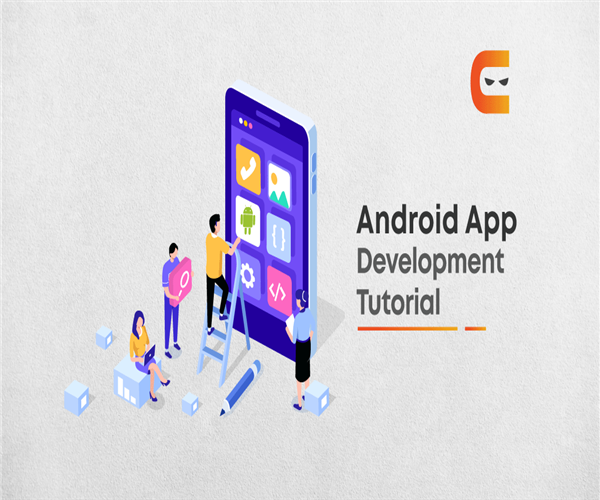Congratulations on learning the basics of Android Studio! Now that you have a foundation, it's time to take the next steps to further enhance your skills and become a proficient Android developer. Here are some suggestions on how to proceed:

Solidify your understanding of the fundamentals: Before diving into advanced topics, make sure you have a strong grasp of the fundamental concepts. Review the basics of Java or Kotlin programming if necessary, as they are the primary languages used in Android development. Understand core concepts like activities, fragments, layouts, views, and intents.
Learn Android architecture components: Android architecture components provide a set of libraries and guidelines for building robust, maintainable, and testable Android apps. Familiarize yourself with key components like ViewModel, LiveData, Room, and Navigation. Understanding these components will help you develop apps with a clear and scalable architecture.
Explore different UI components: Android Studio offers a wide range of UI components and widgets that you can use to create visually appealing and user-friendly interfaces. Learn about different layouts (e.g., LinearLayout, RelativeLayout, ConstraintLayout), views (e.g., TextView, ImageView, RecyclerView), and user input controls (e.g., EditText, Button). Practice creating different layouts and customizing them according to your app's needs.
Dive into Android APIs and features: Android provides a vast array of APIs and features that can enhance your app's functionality. Explore topics like working with databases using SQLite or Room, making network requests using Retrofit or Volley, handling background tasks with AsyncTask or WorkManager, and implementing location-based services using the Location API. Learning about these APIs will enable you to create more powerful and feature-rich apps.
Practice building complete apps: Apply your knowledge by building complete Android applications. Start with simple projects and gradually increase the complexity. This hands-on experience will help you understand the entire app development lifecycle, from designing the user interface to implementing functionality, handling data storage, and testing. Use different app development patterns like Model-View-ViewModel (MVVM) or Model-View-Presenter (MVP) to create well-structured and maintainable code.
Study Android best practices: Familiarize yourself with industry best practices for Android development. This includes topics like code organization, separation of concerns, using design patterns, implementing proper error handling, optimizing app performance, and ensuring app security. Adhering to these practices will help you write clean, efficient, and reliable code.